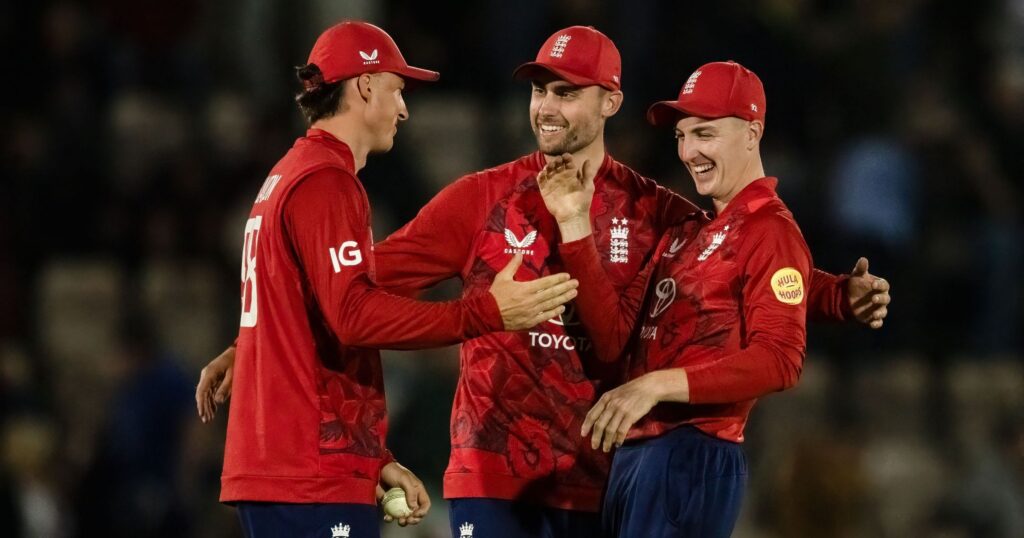In a recent interview with Sky Sports, Brendon McCullum shared his thoughts about the ongoing changes within the cricket team, specifically highlighting the positive developments observed over the past few weeks. McCullum, who has been an influential figure in the world of cricket both as a player and a coach, emphasized the importance of adaptability during transitional periods. He stated, “It has been a really good couple of weeks,” suggesting that the team has shown significant improvement and cohesive performance.
One of the key elements McCullum pointed out is the need for adjustments that often accompany any period of change. This undoubtedly resonates with fans and analysts alike, who understand that a shift in leadership or strategy can require time for players to adapt effectively to new expectations and styles of play. Adjustments are also essential as they allow a team to realign its focus and tactics, ensuring that all members are on the same page regarding their roles and the overarching objective.
Focusing on the leadership of Harry Brook, McCullum described a “clear blueprint” that has emerged regarding how Brook envisions both his team dynamics and captaincy approach. Brook, being a newer captain, brings in fresh perspectives and methodologies that contrast with the previous leadership styles. McCullum’s observations underline Brook’s initiative in establishing a clear direction for the team, which is vital for fostering an environment that encourages performance and teamwork.
Moreover, McCullum’s comments suggest a growing confidence within the team. Understanding and embracing a defined leadership style can significantly influence the players’ morale and performance on the field. In any sport, a captain’s vision can shape not only strategies but also the culture of the team, making it essential for players to resonate with that vision. McCullum hinted that Brook’s captaincy has introduced positive changes, which could be instrumental in elevating the team’s overall performance.
As the conversation progressed, McCullum also highlighted the broader implications of these changes for the team’s future. He remarked on the importance of finding the right balance between innovation brought by new leadership and the existing strengths that the players possess. This balance is crucial not just in honing individual skills but also in nurturing a collaborative team environment where players feel valued and empowered to contribute effectively.
McCullum’s praise for Brook’s approach signals optimism about the roadmap ahead for the team in various competitions. Establishing a unified team identity under Brook’s captaincy could provide a strong framework for facing upcoming matches, enhancing their ability to strategize against opponents effectively. This is especially paramount in a competitive atmosphere where every match counts, and head-to-head rivalries add an extra layer of pressure.
Looking forward, the relationship between McCullum and Brook may also play a pivotal role in the team’s transition. As a mentor, McCullum’s insights and experience can guide Brook, assisting him in navigating challenges associated with captaincy. Their collaborative efforts towards fostering a strong team culture may well become a blueprint for success, ensuring the team not only adapts but thrives in the face of evolving competition.
In conclusion, McCullum’s reflections on the team’s progress over the past few weeks serve as a testament to the potential that exists when leadership evolves effectively. With clear direction from Harry Brook and a supportive framework provided by McCullum, the team is poised to embrace change positively. The anticipation generated by these developments sets an exciting stage for fans and players alike, as it is indicative of an era where possibilities for success are vast and deeply rooted in teamwork and strategic insights.



